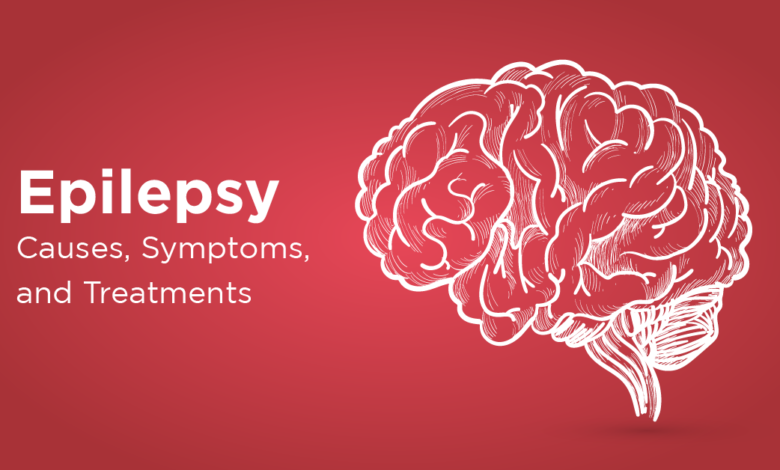Epilepsy: Causes, Symptoms, Treatment

Epilepsy is a neurological disorder that affects millions globally, marked by recurrent seizures. This article delves into the intricacies of epilepsy, exploring its causes, symptoms, diagnosis, and treatment.
What is Epilepsy?
Epilepsy is a chronic condition arising from abnormal electrical activity in the brain, resulting in seizures. Seizures vary widely, from brief lapses of consciousness to convulsions and loss of motor control. The diversity in frequency and intensity makes each epilepsy case unique.
Causes of Epilepsy
Though the precise cause often remains unknown, various factors contribute to epilepsy. Genetic predisposition, brain injuries, infections, and developmental disorders can increase susceptibility. Identifying specific causes aids in tailoring treatment approaches, often requiring consultation with a neurologist for accurate assessment.
Symptoms of Epilepsy
Symptoms during seizures can manifest in numerous ways. These include temporary confusion, staring spells, uncontrollable jerking movements, and, in severe cases, loss of consciousness. Recognizing these symptoms is crucial for early diagnosis and management, prompting individuals to seek guidance from a neurologist.
Diagnosis of Epilepsy
Diagnosing epilepsy involves a comprehensive evaluation, including medical history, neurological examinations, and diagnostic tests like EEGs (electroencephalograms) to measure brain activity. Accurate diagnosis enables the development of an effective treatment plan with the guidance of a skilled neurologist.
Treatment Options for Epilepsy
Treatment aims to manage seizures effectively. Antiepileptic medications are commonly prescribed, tailored to the individual’s specific seizure type and frequency. For some, lifestyle modifications and adherence to a consistent schedule can play a significant role in seizure control, as recommended by a Best Neurologist in Lahore.
Surgical Interventions
In cases resistant to medication, surgical interventions may be considered. Procedures like resective surgery, which involves removing a specific brain area responsible for seizures, can offer significant relief. Advanced techniques, such as vagus nerve stimulation, are also available and may be recommended by a neurologist based on the individual’s condition.
Lifestyle Modifications and Support
Adopting a healthy lifestyle, including regular sleep patterns, stress management, and avoiding potential triggers, complements medical treatments. Additionally, support groups and counseling, often recommended by neurologists, provide valuable assistance for individuals and their families in coping with the challenges of epilepsy.
Challenges and Stigma
Epilepsy can present various challenges, both medical and societal. Stigma surrounding the condition persists, impacting individuals’ quality of life. Raising awareness and fostering understanding are crucial steps in overcoming these challenges, and neurologists play a key role in advocating for their patients.
Conclusion:
Epilepsy is a complex neurological disorder requiring a multidimensional approach to diagnosis and treatment. With advancements in medical research and a growing understanding of the condition, there is hope for improved outcomes and enhanced quality of life for those living with epilepsy. Education, awareness, and ongoing support, including regular consultations with a Neurologist in Karachi, are vital elements in the journey toward effectively managing epilepsy and breaking down the barriers associated with this condition.



